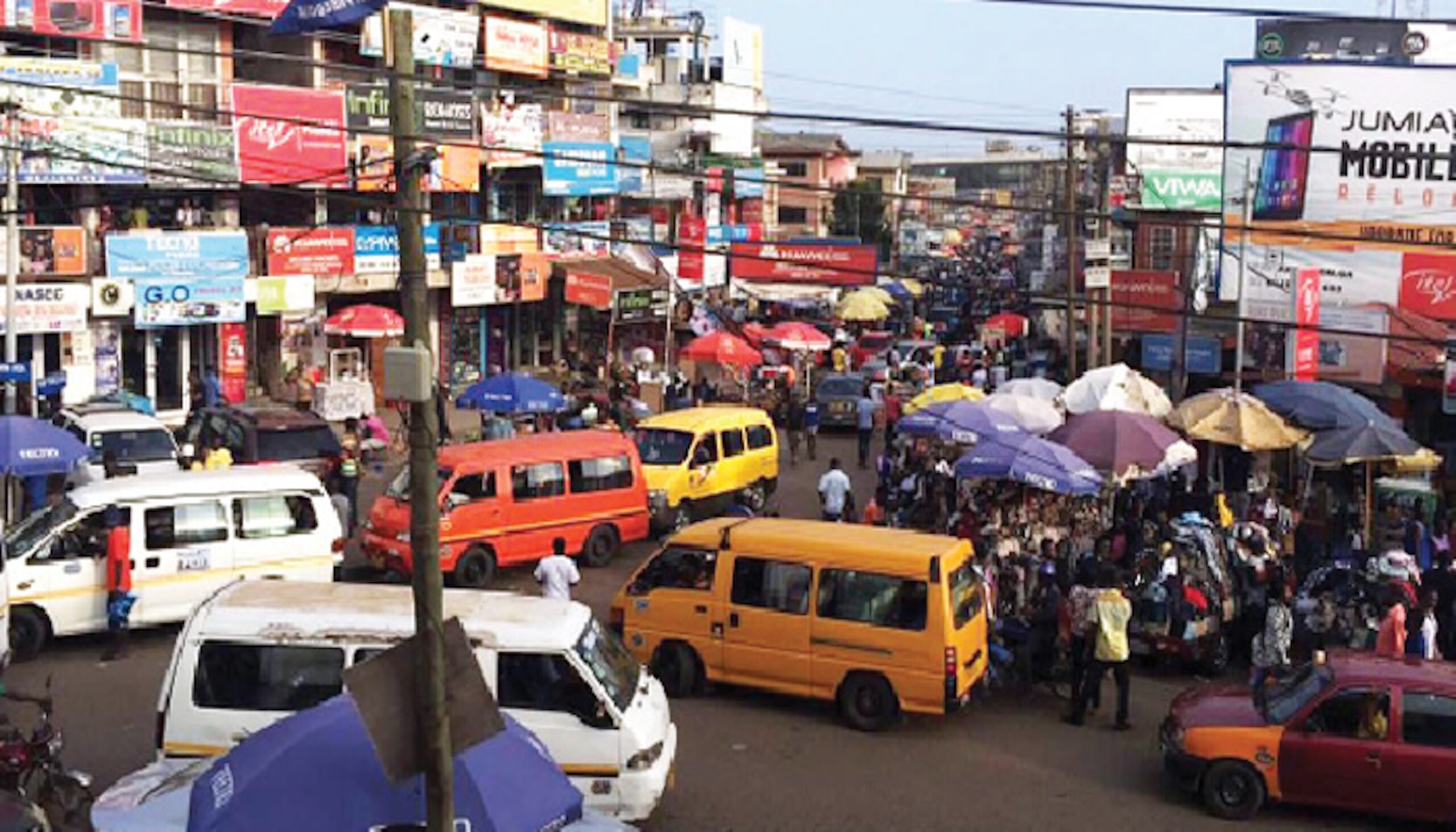In a revealing report by the National Bureau of Statistics (NBS), a staggering 85.6% of Nigeria’s working population is self-employed, highlighting the dominance of the informal sector in the nation’s economy. This statistic underscores the entrepreneurial resilience of Nigerians, who continue to thrive despite economic challenges.
Informal Sector: A Pillar of the Economy
The NBS data shows that self-employment has become the backbone of Nigeria’s workforce. The second quarter of 2024 saw an increase in self-employed individuals, up from 84% in the first quarter. This shift emphasizes the growing reliance on informal employment for income generation and economic activity.
Rural Areas Lead the Way
The self-employment trend is most pronounced in rural areas, where 94.3% of the workforce operates independently. Urban areas, by comparison, have a self-employment rate of 79.7%. This disparity reflects the limited access to formal employment opportunities in rural regions, prompting residents to innovate and create their own livelihoods.
Women at the Forefront
The report also highlights gender dynamics, revealing that women are more likely to be self-employed than men. A notable 88.3% of employed women are self-employed, compared to 82.2% of men. This trend underscores women’s significant role in driving the informal economy and sustaining households through entrepreneurial ventures.
Education’s Role in Employment Patterns
Educational attainment plays a pivotal role in shaping employment types. According to the NBS, individuals without formal education are predominantly engaged in informal employment, with a striking 99% working independently. In contrast, only 26.6% of those with post-secondary education are in the informal sector, suggesting that higher education correlates with access to formal job opportunities.
Challenges of the Informal Sector
While the dominance of self-employment showcases Nigeria’s entrepreneurial spirit, it also highlights critical challenges. Informal workers often face:
- Lack of Job Security: The absence of contracts or stable income makes these jobs precarious.
- Limited Social Protections: Most self-employed individuals do not have access to benefits like pensions or health insurance.
- Restricted Access to Finance: Informal businesses frequently struggle to secure loans or investment to expand their operations.
What Does This Mean for Nigeria’s Economy?
The report calls for strategic policy interventions to formalize the informal sector and unlock its full potential. Such measures could include:
- Financial Inclusion Programs: Expanding access to credit and financial services for informal workers.
- Capacity Building Initiatives: Providing training and resources to enhance productivity and sustainability.
- Gender-Focused Support: Creating programs tailored to the unique challenges faced by female entrepreneurs.
The Way Forward
This report serves as a wake-up call for stakeholders to address the structural barriers limiting formal employment opportunities. By investing in education, infrastructure, and social protections, Nigeria can harness the energy of its self-employed workforce to build a more inclusive and resilient economy.
Conclusion
The entrepreneurial drive of Nigerians is undeniable, as evidenced by the NBS report. With 85.6% of the workforce taking charge of their economic destinies, Nigeria stands as a testament to the power of innovation and resilience. The challenge now lies in creating an enabling environment where these entrepreneurs can flourish and contribute more robustly to the nation’s development.
